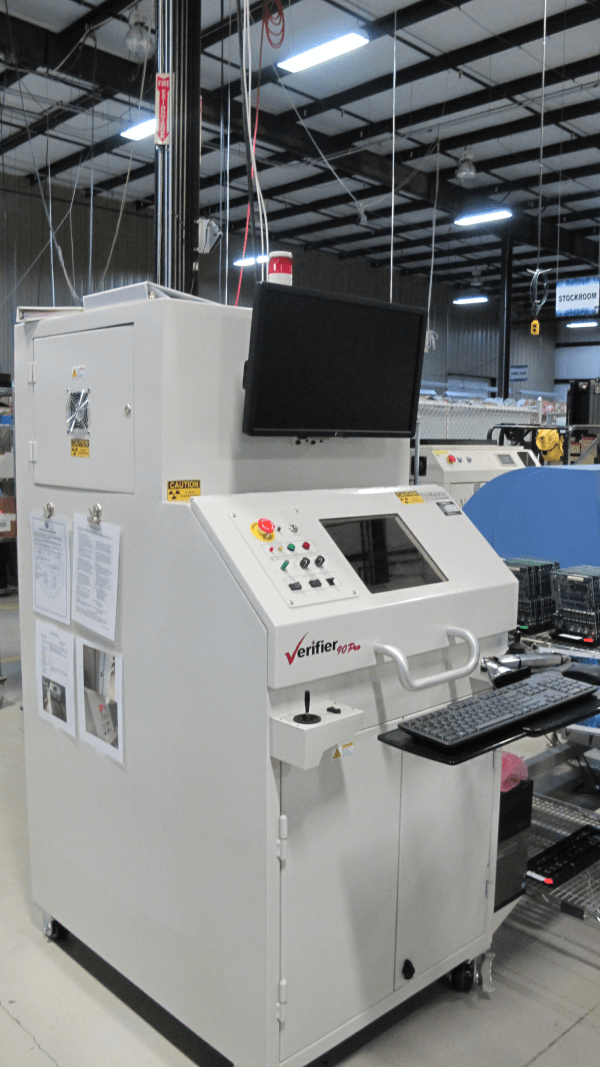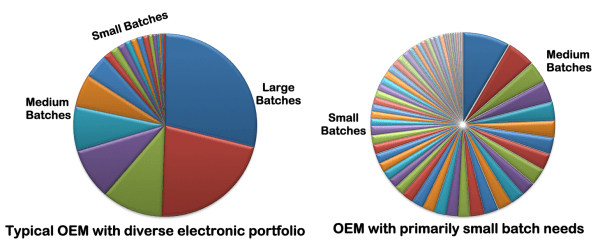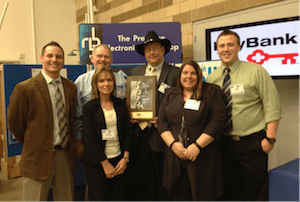The manufacturing economy is tough right now, and the way to stand out in the custom electronics field is to deliver customer service that doesn't just meet and exceed your customers' needs – it also has to provide them with resources and support that they can't get anywhere else. If you're thinking of your relationship with customers as primarily transactional, you're thinking of the bare minimum. What makes custom electronics companies thrive is the richness of service they provide.
My last post introduced the “off season” concept, where I made a case that anyone who gets paid for what they do (aka a “professional”) needs to occasionally go away and work on their work. In this post I share my own proven formula for making the most of this time away. I swear by the concept and what it has done for me personally, my businesses, and my family. Treat these ideas as guidelines only; you will find what works best when you get out there on your own.
I've been away from the office this week (but not from blogging!) Find out where I've been and how you can make an off season work for you.
Function of the X-ray Machine
An X-ray machine in micro-assembly inspection is used to see through the first layers of an integrated circuit to inspect the quality of a ball grid array (BGA). It allows us to see and inspect what we wouldn’t be able to otherwise. More specifically, we could see defects in BGA chips, detect possible counterfeit parts, and inspect our special potted assemblies, along with other applications.
In Part 1 of this discussion we discussed 5 battles that small batch job shops like RBB need to fight if and when they occur. Those situations are:
Note: This post is adapted from a similar one I wrote for the ODS blog which is devoted to leadership, communication and trust.
Like any business, small batch shops like RBB have many things we can improve upon all the time. (And the minute we don’t admit it signals the beginning of dangerous complacency!) It’s a growing challenge since most low-volume electronics manufacturing companies face intense competition and so seem hooked on instant answers and urgent innovation. Employees, regardless of their formal authority face enormous pressure to address everything that stands in the way of reaching the company's goals. Or they often think they do.
I began my journey with RBB Systems in the summer of 2010. My first home was in the stockroom prepping components and pulling orders for the many different jobs that came through the shop. The one thing I learned very quickly was that no two jobs were the same and the customers were ever changing – benefits to being a small batch electronics manufacturing experts. This was my first experience with this type of work environment. Previously it was mass production. Same parts, same customers. But this was something new that I had never dealt with: many different parts and many different customers.





-resized-600.jpg)








